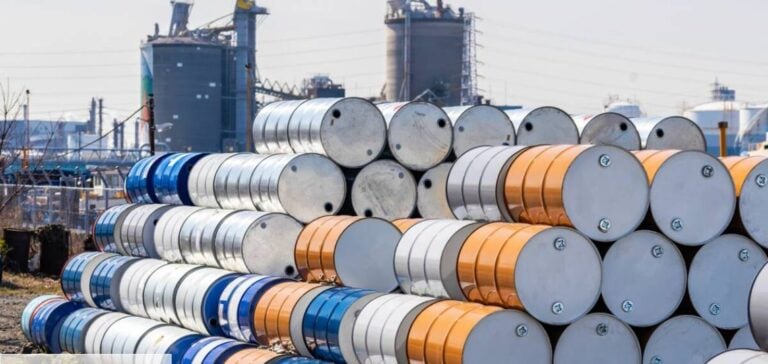The rebound in demand for crude oil in China is driving up the price of Russian crude via the ESPO pipeline, which is popular with independent Chinese refiners. Its price has thus reached a 21-month high.
ESPO prices to Asia at 21-month high
Russia’s Surgutneftegaz last week sold six cargoes of ESPO crude for November 2021 at premiums of between $4.00 and $4.70 a barrel on Dubai quotations. This makes them the highest premiums since January 2020, according to Reuters data. A clear rebound from August 2021, when premiums for October 2021 loading cargoes reached their lowest level in four months at between $1.80 and $2.20 a barrel.
Is import quotas to blame?
The increase in ESPO crude spot premiums therefore signals strong demand from independent Chinese refiners. The latter are rushing ahead, as they expect Beijing to issue a fourth batch of import quotas to be used before the end of the year.
Limited supplies of alternative grades of crude oil on the market are also helping to support ESPO premiums.






















